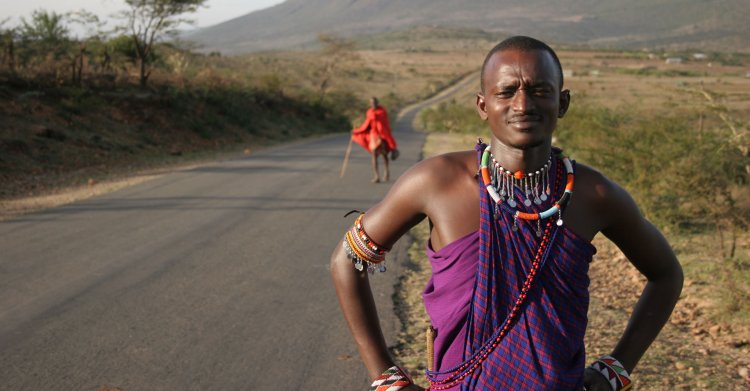Does the Law Recognize Tribal Law Rights of Indigenous People in Kenya?
The recognition of customary or tribal land rights of indigenous people in Kenya has been a long-standing issue, with indigenous communities often facing challenges in accessing and controlling their ancestral lands.

Kenya is a country with a diverse population, including many indigenous communities that have lived on the land for centuries. These communities have their own cultural practices, customs, and traditions, which include traditional land tenure systems. However, the recognition of customary or tribal land rights of indigenous people in Kenya has been a long-standing issue, with indigenous communities often facing challenges in accessing and controlling their ancestral lands.
The Kenyan Constitution of 2010 recognizes the rights of all communities, including indigenous people, to their ancestral lands. Article 63(1) of the Constitution states that every person has the right to own property either individually or in association with others. Article 63(2) goes further to state that the State shall ensure that communities, particularly marginalized and pastoralist communities, have access to land on an equitable basis.
The Constitution also established the National Land Commission (NLC) whose mandate includes the management and administration of public land, as well as the recommendation of policies on land use and management. The NLC is also tasked with protecting the interests of communities, including indigenous communities, in relation to land.
In addition to the Constitution, Kenya has also enacted several laws and policies aimed at protecting the land rights of indigenous people. The Community Land Act, of 2016 recognizes and protects the land rights of communities, including indigenous communities, and provides for the registration and management of community lands. The Act requires that community lands be registered in the name of the community and that the community be the custodian of the land for the benefit of its members.
The Forest Conservation and Management Act, of 2016 also recognizes the importance of indigenous people in the conservation and management of forests. The Act requires that the rights of indigenous people to their ancestral lands and resources be recognized and respected in the process of forest conservation and management.
Despite these legal provisions, the recognition of customary or tribal land rights of indigenous people in Kenya remains a challenge. Many indigenous communities continue to face land grabbing, forced evictions, and conflicts over land with other communities, including the government.
To address these challenges, there is a need for the government to implement existing laws and policies aimed at protecting the land rights of indigenous people. There is also a need to raise awareness among indigenous communities of their land rights and how they can assert these rights. Finally, there is a need for the government to engage in meaningful consultation and dialogue with indigenous communities in the management and administration of their ancestral lands.
If you have a real estate press release or any other information that you would like featured on African Real Estate Blog Post do reach out to us via email at [email protected]

 AREBP
AREBP 































